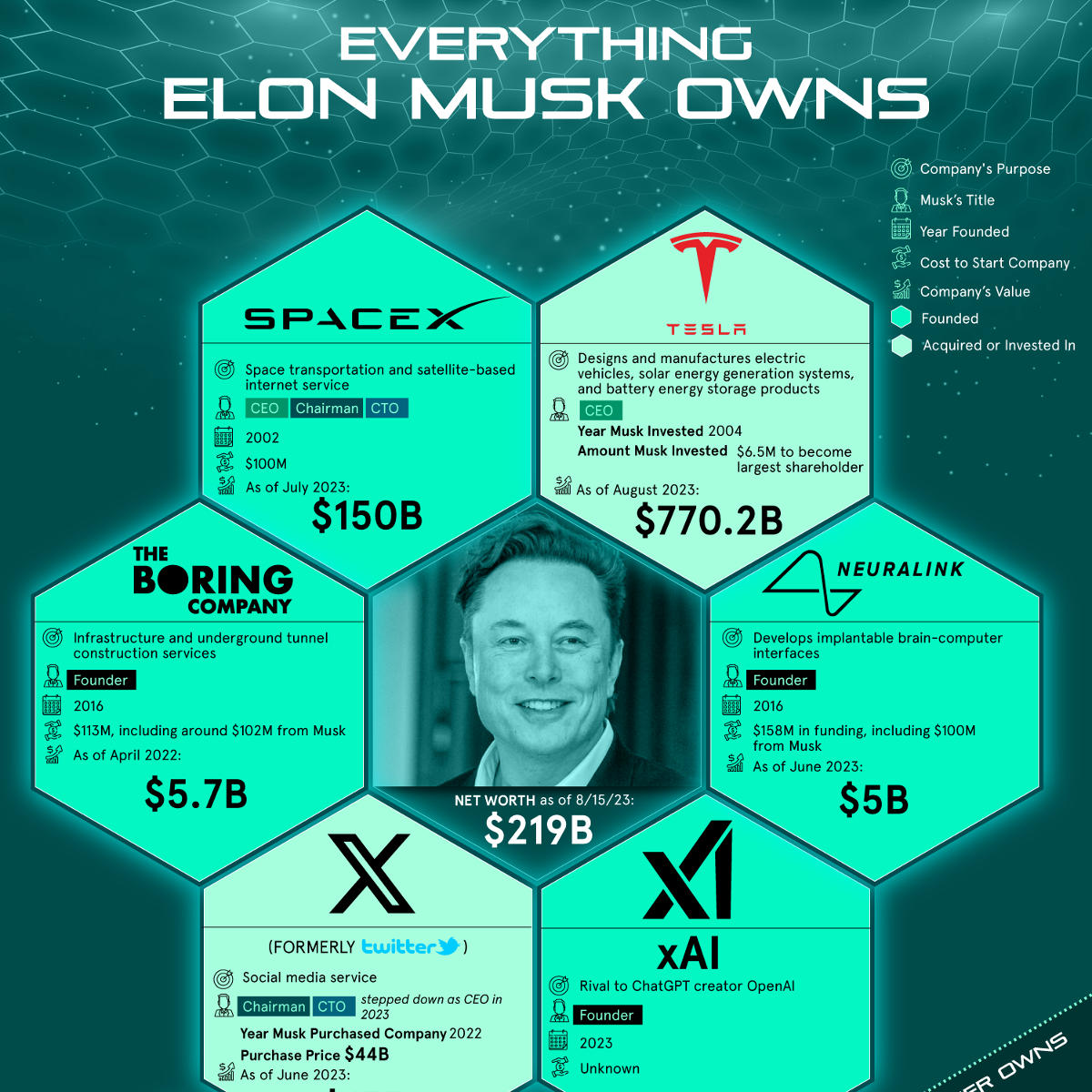In the realm of digital speculation and economic thought experiments, a simple query to an AI unleashed a cascade of numbers, possibilities, and potential societal transformations. What if the astronomical wealth concentrated in the hands of one of tech’s most controversial figures could be redistributed across the American landscape? By probing ChatGPT about the hypothetical dismantling of Elon Musk’s financial empire, we embarked on a journey through algorithmic analysis and human curiosity, uncovering a provocative narrative of wealth, equity, and the mathematical magic of division. In a hypothetical scenario where Elon Musk’s astronomical net worth of approximately $180 billion were evenly distributed among every American citizen, the financial landscape would undergo a seismic change. With roughly 332 million people in the United States, each individual would receive approximately $542.
This windfall might initially spark excitement, but economic experts suggest the impact would be nuanced and complex. Immediate consumer spending would likely surge, creating a temporary economic stimulus.Individuals might use the funds for debt reduction, emergency savings, or modest purchases.
However, the long-term consequences could be more problematic. Such a sudden cash injection would potentially trigger rapid inflation, diminishing the real value of the distributed funds. Economists warn that massive, abrupt wealth redistribution could destabilize market dynamics and potentially weaken economic structures.
The $542 per person represents a relatively modest sum in the grand scheme of personal finance. While meaningful for lower-income households, it would hardly constitute a life-changing amount for middle and upper-class Americans. The funds might cover a month’s groceries or a minor home repair but wouldn’t fundamentally alter economic inequality.
Interestingly, this thought experiment reveals more about wealth concentration than actual economic solutions. Musk’s wealth, accumulated through innovative technological ventures, represents a fraction of systemic economic disparities. The exercise underscores how individual wealth, even at astronomical levels, becomes relatively insignificant when divided across an entire population.
Some argue that more enduring approaches to economic redistribution would involve systematic policy changes,investment in education,healthcare,and infrastructure,rather than one-time cash distributions. The hypothetical scenario highlights the complexity of addressing economic inequality through simplistic monetary transfers.
Moreover, the psychological impact of such a distribution would be captivating. Some individuals might view the funds as an unexpected bonus, while others might feel the gesture inadequate compared to persistent economic challenges.The thought experiment ultimately serves as a provocative lens through which to examine wealth, economic systems, and the intricate dynamics of financial equity. While mathematically intriguing, the scenario demonstrates that meaningful economic transformation requires nuanced, complete strategies beyond mere numerical redistribution.
Ultimately, the $542 per person represents more than just a number—it’s a symbolic exploration of wealth, opportunity, and the complex mechanisms that shape economic landscapes in contemporary society.










